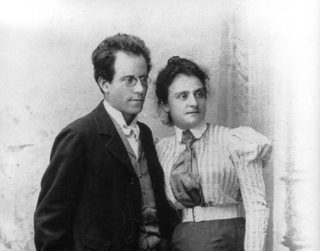
Mahler Symphony No. 6, Part 1
Mahler's 6th Symphony is one of his most complex and ambitious pieces, though it retains a firmly classical structure throughout. It has notorious performance problems such as the order of the middle movements, and the symphony within a symphony final movement. It is also one of Mahler's most emotionally profound pieces, embracing life, death, and the struggles between these two forces. In the first movement, Mahler sets up the stakes for the battles to come and it's this movement we discuss today.
2 Heinä 202041min
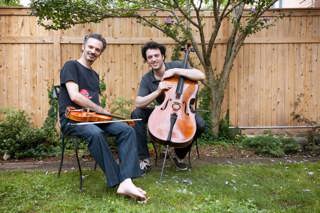
Founding an Orchestra, w/ Eric and Colin Jacobsen of The Knights
Eric and Colin Jacobsen are co-founders of the The Knights. The orchestra has claimed a spot over the last 10 years as one of the most dynamic and adventurous orchestras in the world. Colin and Eric are some of the most interesting people in classical music and so we talked about a lot of things, including founding an orchestra, what they felt was missing in the classical world, what it means to play chamber music in an orchestra, and of course, the current situation and what it means for the future.
29 Kesä 202044min

Saint-Saens Symphony No. 3, "Organ"
Saint-Saens considered his 3rd symphony his greatest work: "I have given all that I had to give. What I have done I shall never do again." Later in his life, Saint-Saens would be known as an arch-conservative, but at the time he was writing the Organ symphony, Saint-Saens was enamored with the formal and structural innovations of the music of Liszt. Today we'll explore the dualism between the piece's Romantic aspirations and Classical grounding, plus of course, the role of the organ in this Organ Symphony.
25 Kesä 202046min
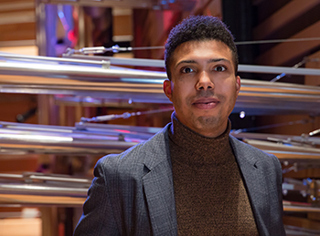
The Organ, Competitions, Filmmaking, and more w/ Alcee Chriss and Stacey Tenenbaum
I had a chance to sit down with the award winning duo of organist Alcee Chriss and filmmaker Stacey Tenenbaum for a fascinating interview about the organ, competitions and more. We talk about Chriss' experience at the Canadian International Organ Competition, the pressures of performing and whether Jazz works on the organ, and I got a chance to pepper Tenenbaum with some questions on filmmaking, and her process of understanding the organ from the point of view of a total outsider. This is a fun one!
22 Kesä 202037min

Beethoven Triple Concerto
Beethoven's Triple Concerto might be his most heavily criticized work. Musicians look down on it, critics always complain about it, conductors hate conducting it, orchestral musicians hate playing it, and yet it still gets performed fairly regularly. But I'm here today, thanks to Brooke who sponsored today's show on Patreon, to say that I think all of this criticism of this much maligned piece is totally unfair. I love the Beethoven Triple Concerto, and I think I can convince you to as well.
18 Kesä 202051min
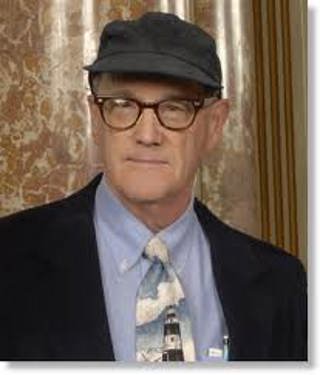
Encounters with Milhaud, Messiaen, Stravinsky, Lutoslawski, and Ligeti, with John Heiss
John Heiss teaches composition, flute, and music history at the New England Conservatory. I first encountered Mr. Heiss in his legendary Schoenberg/Stravinsky class at NEC and have been an admirer of his ever since. Mr. Heiss spearheaded visits to NEC from composers such as Milhaud, Messiaen, Stravinsky, Lutoslawski, and Ligeti, the subjects of today's conversation. You'll notice I don't say much - today is like coming to class with a master teacher, an experience I'm so glad to be able to share with you.
15 Kesä 202056min
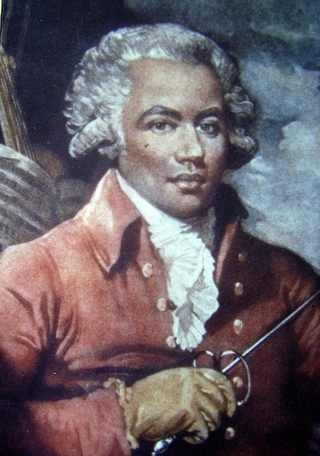
The Life and Music of Le Chevalier de Saint-Georges
Just a glance at a biography of Le Chevalier should have every movie producer salivating. He was the son of a 17 year old slave and her white owner. He was an expert athlete, known as the greatest fencer in all of France. He led a legion of black troops to fight during the French Revolution. On the musical side, he was a virtuoso violinist and wrote some truly wonderful music that is only recently being rediscovered by mainstream institutions. Join Sticky Notes as we explore his remarkable life and music.
11 Kesä 202046min

Stephen Hough on Practicing Through the Pandemic, Composing, and Classical Music as Entertainment.
First, I want to let my listeners know that Thursday will begin a new commitment to exploring the works of minority composers. It's long past time to begin doing that. For today, please enjoy this thoughtful and deeply entertaining conversation with the great pianist, composer, and writer Stephen Hough. Hough is one of the great pianists of our time and is also a deep thinker about classical music of yesterday and today. I had so much fun with this conversation, recorded about three weeks ago. Enjoy!
8 Kesä 202045min






















